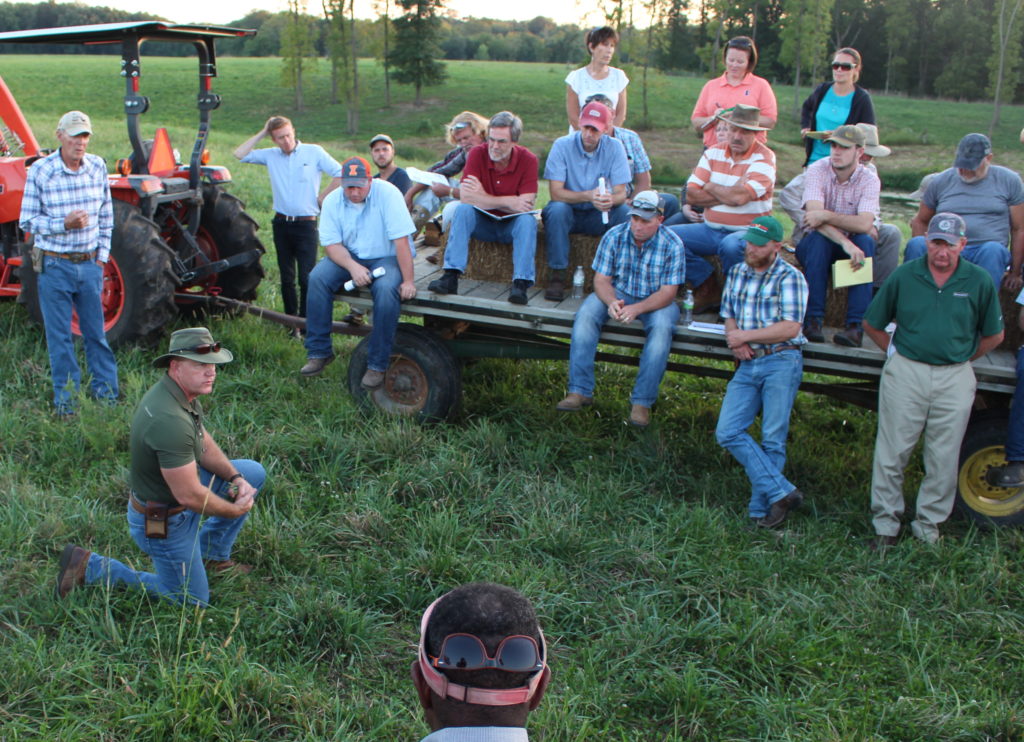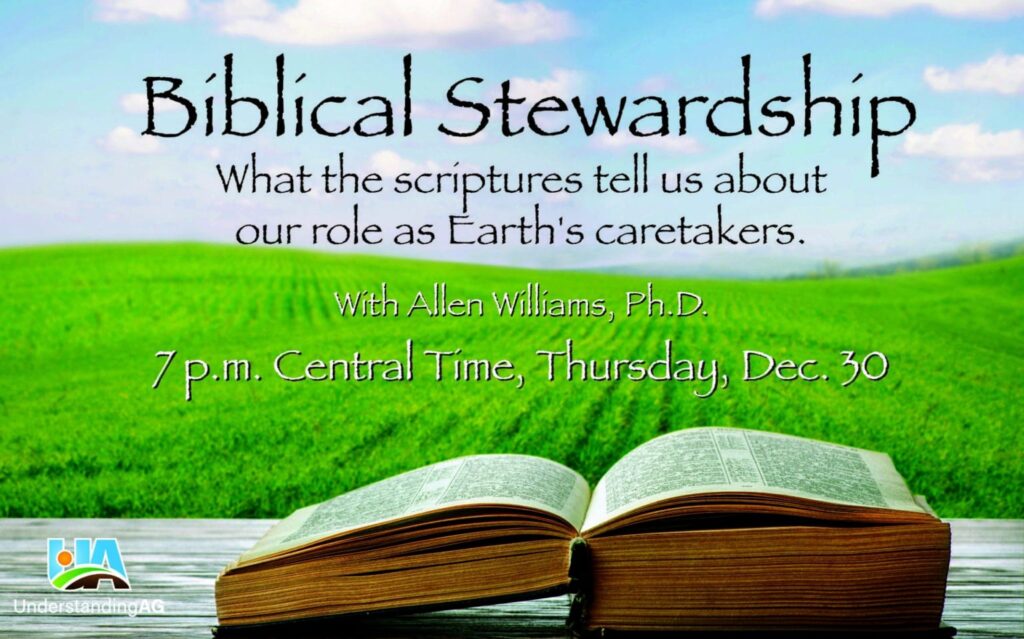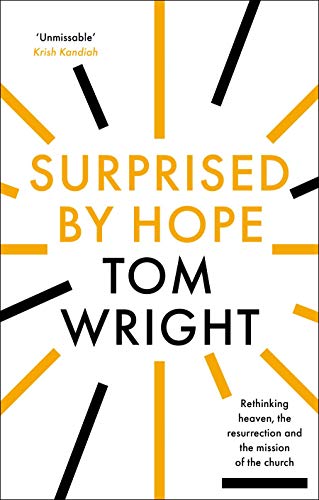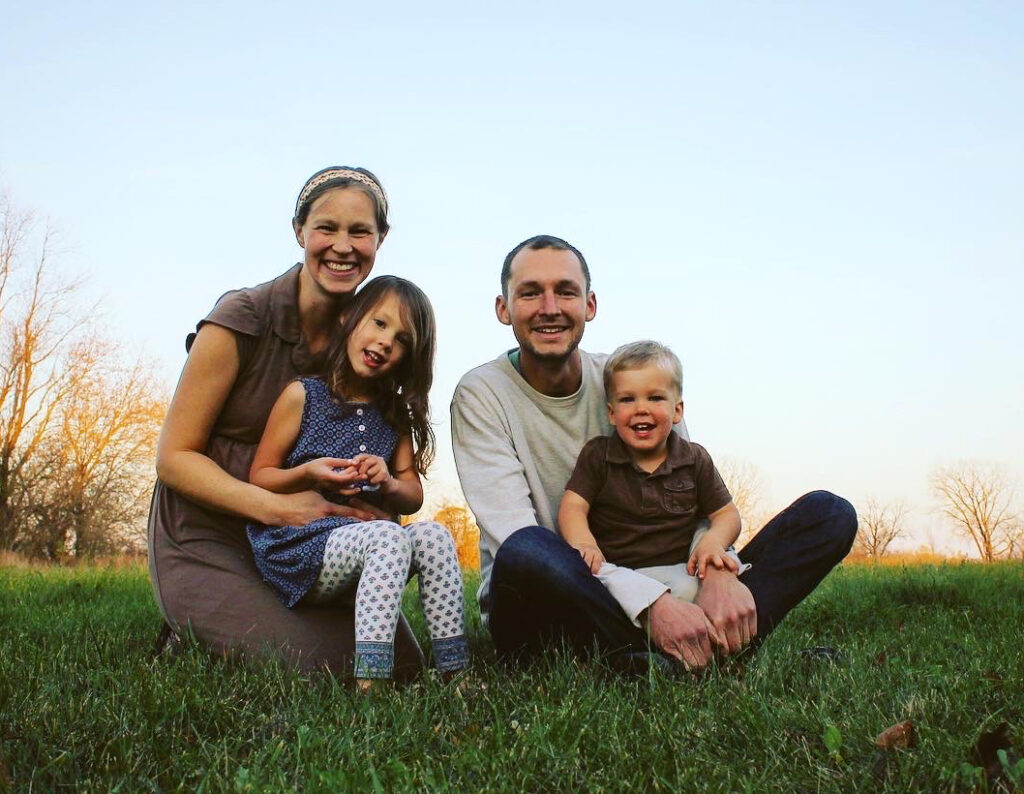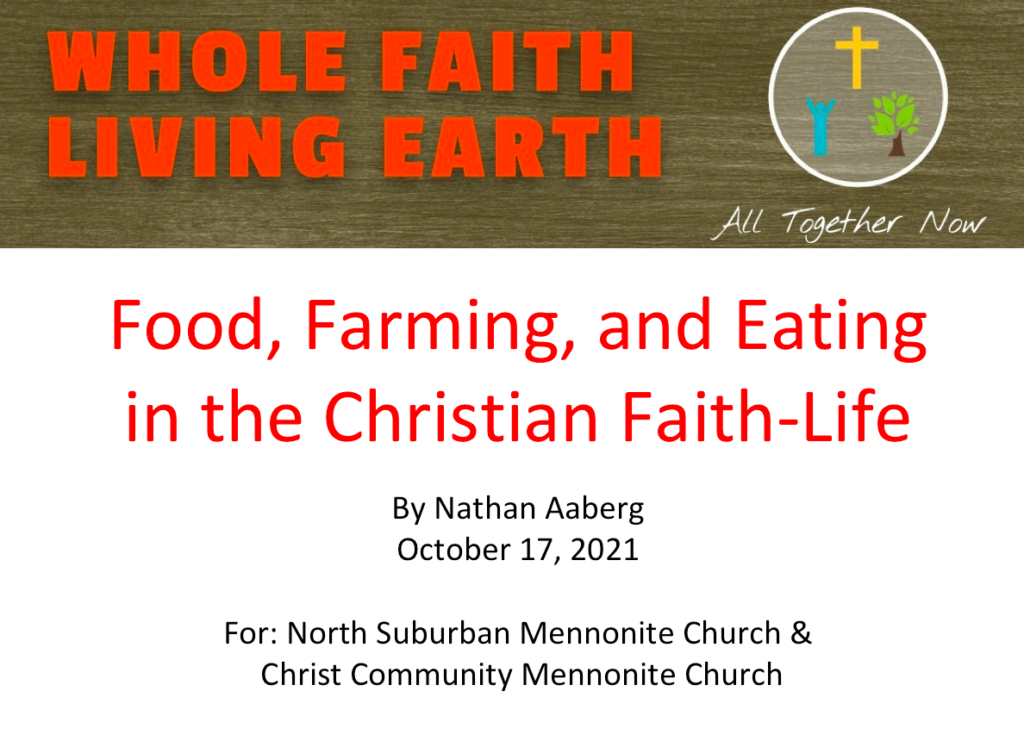
Earlier this month I gave two sermons in joint services for two congregations on our Christian calling to be good shepherds of God’s Creation. What was that like? What did I learn? I share my thoughts below:
1. Sharing Whole Faith Ideas in Sermons and Discussions Was Great: I gave the first sermon in a hybrid service with some people present in the space North Suburban Mennonite Church rents out and with some people, including the Christ Community Mennonite Church of Schaumburg, attending by Zoom. I decided to speak in person. And I’m glad I did. Making eye contact as I spoke, I noticed that many people were engaged with the message. That did my heart good, especially in this time of covid. Those unspoken responses and the positive energy during the discussion that followed the service were immensely rewarding.
This blog has been an act of faith. The years of working on it, I realize, have enabled me to crystallize convictions and insights that I’ve hoped to be able to share. I am deeply grateful to both congregations for giving me the chance to do that. I’m especially grateful to North Suburban Mennonite Church, which has always warmly welcomed my family and me in the years that we have known them.
2. Importance of Rooting Principles and Ideas in the Bible: In the first sermon, which was the opening sermon for the Creation Care series, I shared a number of Scripture verses. In the second, I shared several more at the beginning and used an additional verse midway through. I did this to highlight one of my key points – if you are paying attention, you will find that the Bible makes clear that Creation matters to God.
That Creation matters is both very conservative and very radical. It is conservative because it takes the whole Bible seriously.
Believing that Creation matters and living out those convictions are, simultaneously, very radical. Most humans throughout history have taken Creation for granted and used it for their purposes without regard to Creation’s wellbeing. To live and advocate for a different worldview, a Biblical worldview, puts a Christian on a collision course with the human powers that be. Our economy and civilization are built on mining and extracting wealth from Creation without regard to Creation’s own prosperity. To live as if Creation matters to God also runs counter to centuries of Christian disregard for Creation in theology and church life. In short, the Christian advocate for Creation is a human monkey wrench in the secular economy and in traditional Christian culture.
Most radical of all, loving God and loving our neighbors by preserving Creation means a Christian approach to economic activity would involve restraint and limits. Our American culture celebrates freedom above all else. Calling for restraint and limits to protect and prosper the wellbeing of the whole Creation is, in our setting, supremely radical. It is radical even as it honors God and leads us on the path to true wealth.
Is God our treasure or is treasure our treasure? How we treat Creation answers that question.
3. Several Insights Seemed Especially to Resonate: I made a point to talk about what a Biblical perspective on human exceptionalism really is. I also called attention to the cross and the crucifixion. The cross, as I’ve written, was a tree. It now lives as a symbol for the Christian faith. And in its “symbolness” we no longer see that it was a tree. When we don’t see it as a tree, we don’t see the crucifixion as a pivotal moment involving God, Creation, and humanity. These insights seemed to resonate.
4. Speaking is Very Different from Writing: This is likely not news! While I certainly have developed ways of thinking and expressing the insights I’ve had (and been given), they have mostly been in written form. I did not want to just read a sermon so my brain and tongue needed to figure out how to articulate in spoken words what I had spent so much time writing in my blog posts. I need more practice doing this.
5. So Much More to Say: Two 25-minute sermons were not nearly enough (at least for me). There is so much to say about the Bible, Creation, and how we should be trying to live with it and prosper it. My major challenge in planning both was choosing what not to include in order to give a cohesive and focused talk. I’m ready to write a book and/or develop a podcast.
6. The Challenge of a Diverse Audience: I came to appreciate the challenge of speaking to a diverse group of people. From the discussions that followed the services, it was clear that members were at different places in their thinking about their lives and Creation. How does one introduce ideas and theology that are new to some and that are standard operating practice for others? I did not want to overwhelm the first group. Nor did I want to seem to be soft-pedaling the issues the second group is acutely aware of and has made significant life changes in response to.
7. Is There Hope?: The question of what kind of hope there is for God’s Creation is a fraught one. It comes up, directly and indirectly, in almost every conversation.
The truth is that the scale of the problems for Creation is immense, and many trends are negative. Just one example – I shared information in my second sermon from the Environmental Working Group about the metastizing of factory farms across the Iowa landscape. In 1990 there were 789 factory farms (Confined Animal Feeding Operations in industry parlance), where at least 1,000 animals are kept. In 2019, the figure was 3,963. Animal waste from these factory farms is now estimated to be 68 billion pounds per year. Human waste from the 3.15 million human residents of the state is estimated to be 1 billion pounds. Unlike the animal waste, the human waste is treated. Every new factory farm means more animal suffering, more misery for neighbors, more overuse of antibiotics, more degradation of the streams and rivers of Iowa, and poorer quality food.
This is just a small example of the forces at work in our world. I haven’t even mentioned climate change and how populations of unique species of Creation are shrinking and even winking out at a growing rate.
In my second sermon, I noted that the declining condition of God’s earth is a symptom of system problems. So restoring health to God’s earth will not come about just from families recycling and making more God-honoring food choices, although those are important. It will take changes to systems. And system change is challenging at a whole different level.
Dr. Katharine Hayhoe, a Christian climate scientist, is a wonderful voice of hope, as you can hear in this interview. Yet, as appealing her positivity is, I believe she underestimates how structural, cultural, and even theological our issues are.
Where am I? I have ultimate hope most days. I am committed to doing what I can here and now. Simultaneously, on many days, I perceive what has been lost and what is on the verge of being lost. My heart sinks into lament and despair. Yet, I know God is a creative, surprisng God. And God’s earth can surprise us with its resilience. I don’t know how to tie up all those threads I feel and think. The neatness and tidiness of “hope” doesn’t seem to capture them all.
8. Food and Farming – The 20% of the 80/20 Rule?: The Pareto principle says that in most human endeavors approximately 80% of the results come from 20% of the activities or factors involved. As an example, for many non-profit organizations, a large percentage of donation incomes will come from a relatively small number of donors. So when we think about where to focus Christian commitment to living out a whole faith that includes Creation, it makes sense to figure out what is the pivotal 20%.
While decisions about energy, landscaping, and simplifying are also important, I would ultimately choose food and farming. This was why I chose to focus the second sermon on food and farming and invited Bryce and Jen Riemer to be part of the discussion after that service.
One reason is impact-related – approximately 50% of the world’s terrestrial surface is used for growing food. We eat multiple times a day. And each time we eat we are choosing the kind of farm system our brothers and sisters experience and how God’s earth is treated. What’s more – choosing to eat with love and consciousness for God, God’s Creation, and our neighbors is good for our health and a spiritual discipline.
The challenge, of course, is that in a community of farmers making judgements about what kind of food is congruent with the God of the Bible and what isn’t gets personal and controversial very quick. And, oftentimes, more God-honoring ways of raising food are more complex and time-consuming and are not subsidized by the U.S. government. So the foods become more expensive.
How to reconcile all of that is one of the challenges we all will need to wrestle with. But who said doing anything the right way with one’s values is easy? it’s not easy being a good parent. It’s not easy being a devoted spouse. it’s not easy being a good friend. It’s not easy being good at a challenging job (like being a health care worker the last two years).
It’s the same with shepherding Creation. I am hoping that North Suburban Mennonite Church (and Jesus followers in other churches) will not content themselves with platitudes. I am hoping they will focus their personal change energies on their eating decisions and find help in making the best food choice decisions.
9. A Need for More Expressed Anger: Perhaps it’s legacy of my Midwest Lutheran background. Perhaps it’s a legacy of my introverted nature. But I found myself speaking in a largely reasonable and calm and sometimes even light-hearted way. In retrospect, I wonder if I would have been better served to have added in more anger and urgency. What works better? Did the fury and despair of the Old Testament prophets bring about change in their time? But do we call 911 in a calm and deliberate voice when our child is in mortal danger?
I believe I need to be both full of grace and love while also authentically open about the full range of emotions I feel around these topics.
10. How Would My Message Go Over in a Different Kind of Church?: My wife was talking to a Christian friend recently and told her friend about my sermons. Her friend gave her a blank look. “What is Creation care?” she asked my wife.
That was a good reminder that there are many churches right now who would never dream of devoting a service, much less a month’s worth of services and discussions, to Creation.
So what would it be like to present the ideas behind this blog and my sermons to congregations where many of the members have not thought about the topic or might even see the topic as the intrusion of progressive politics into a spiritual setting? Would they be open at all? Would I even be the right person?
I don’t know. But I pray God will show me the path I should walk in the years that remain. I pray I will have opportunities to make a difference for how Christians walk in God’s world. Even if that brings challenges.
I pray, too, I pray will be able to bring together Christians who are doing their very best to creatively restore God’s earth for encouragement and community.
P.S. The sermons were recorded. I plan share them with people who are interested.
